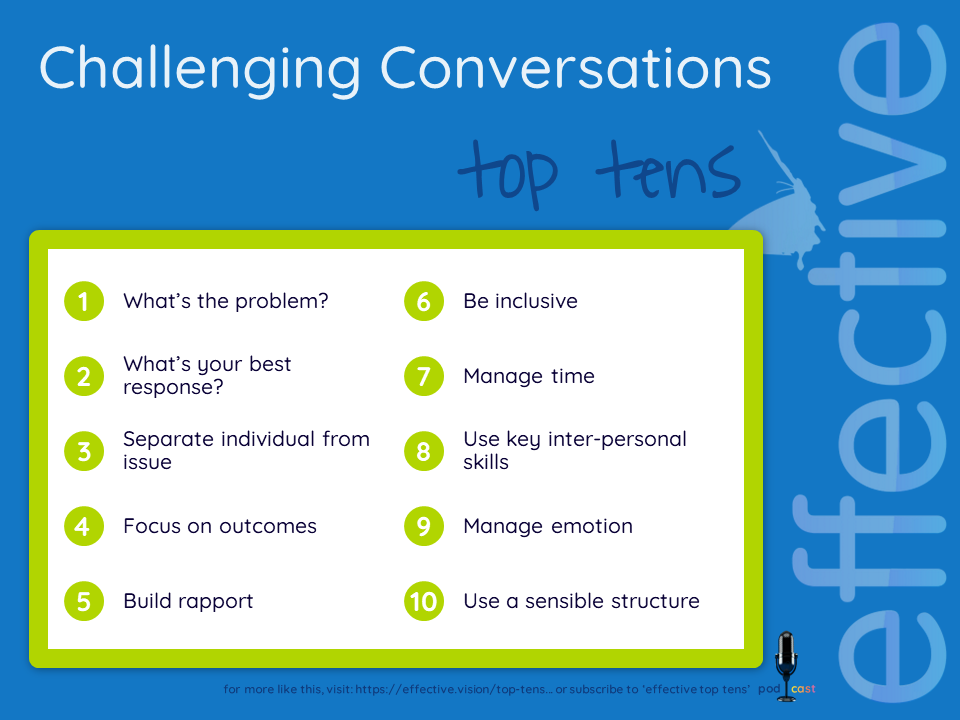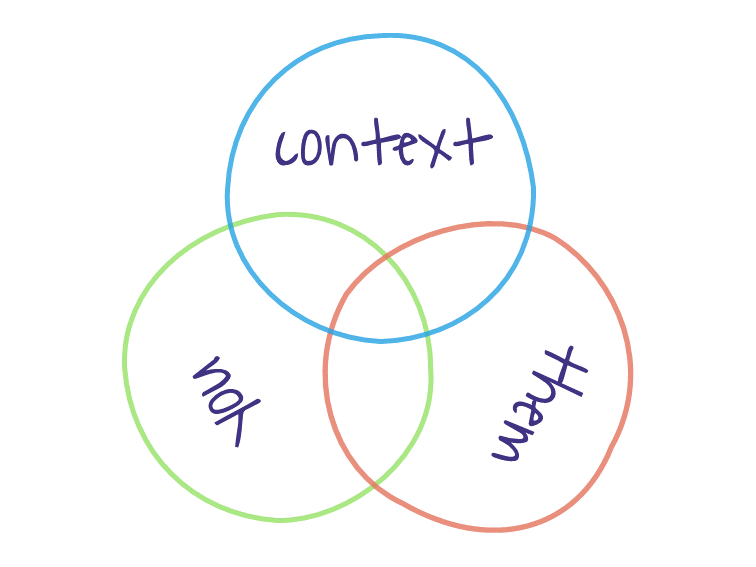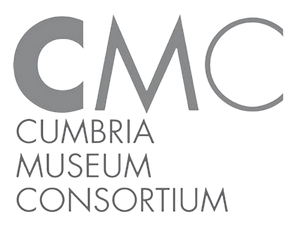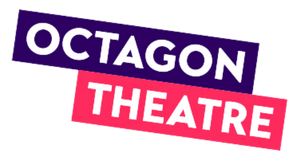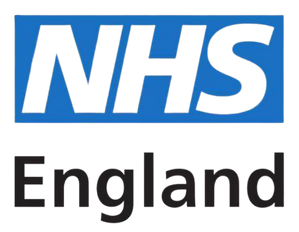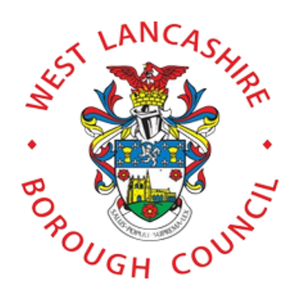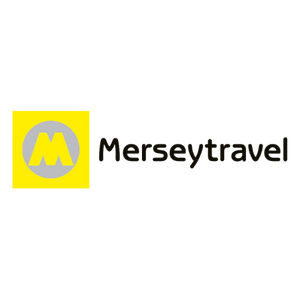Giving & Receiving Blind Spot Feedback
'Courageous Love'
I immediately changed. I started all feedback with what had got people to that mark. Only then did I suggest how it might be improved. And guess what – students started to come to the surgeries….
I’m pretty sure I would not be doing what I’m doing today, had it not been for that special student, with the gift of courageous love. I was grateful then, and I’m grateful now, 30 years later...
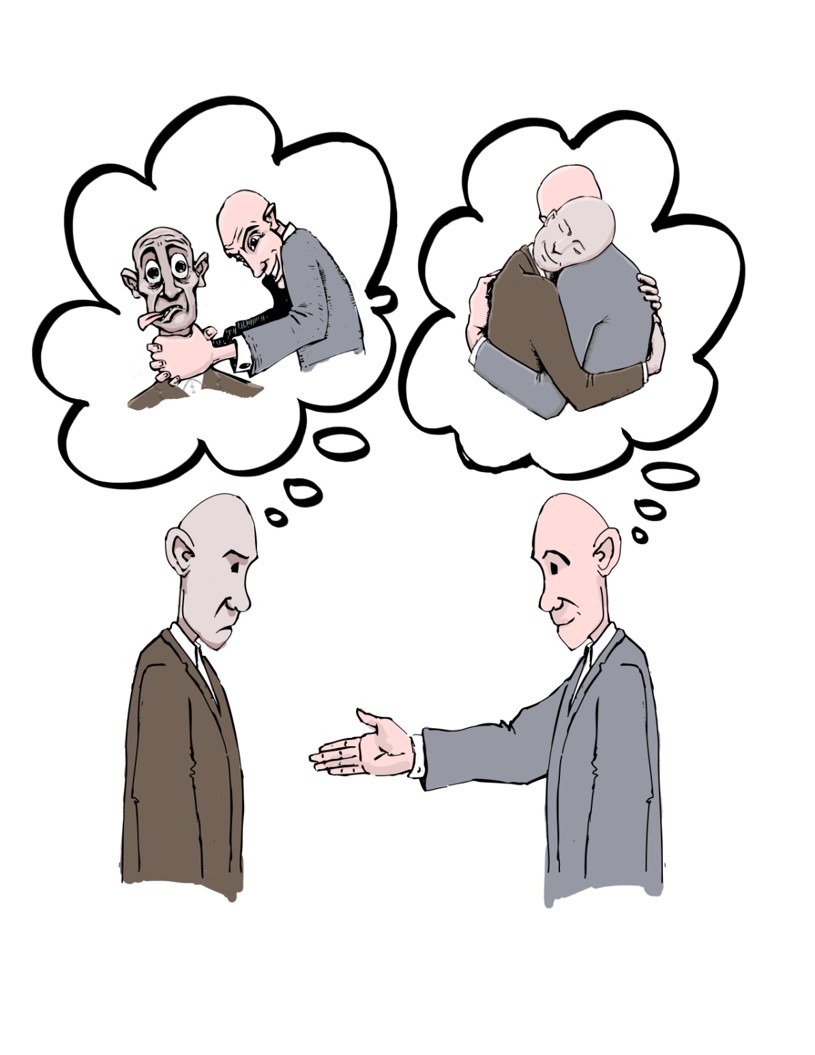
If you don't know, how will you get to find out...?
There are a number of takeaways from this story:
- Feedback
- Assumptions
- Reframing
- Intent
- Courageous conversations
- Leadership
Feedback
This was the single, most important piece of feedback I’ve ever had in my life. I had no idea how I was behaving, or the consequences of that behaviour, until it was pointed out to me. First and foremost, it was a brilliant, and brilliantly executed, example of blind spot feedback. People don’t know what they don’t know: and if they are blind, as I was, to their behaviour, or the impact it has, then they cannot self-correct, and will be stuck with it forever unless someone provides feedback. And secondly, the feedback was balanced: she started with positives, about me generally, and about other behaviours of mine. This inevitably made me responsive to listening, and more accepting of what was to follow. The incident also made me aware that people might also have positive blind spots – things that they aren’t aware they do, or of the positive impact created. So it’s always worth crediting people for their positive behaviours and work, rather than just assuming ‘well, surely they know…’
Assumptions
I had assumed that students were not attending my surgeries because they were happy with my detailed comments (ha!). Yet such a significant ‘no show’ should have made me rethink, and not rely on a (positive) assumption.
Intent
Of course people tend to feel it is risky giving blind spot feedback, which is why it is important to see it as a gift. But the other aspect that might make it more comfortable is to realise the intent of the feedback. Most people can easily tell the difference between blind spot feedback that is intended to be helpful and supportive, and any such feedback that is meant to be hurtful and disapproving. So if you are ever in doubt about giving such feedback, consider the context in which you are giving it, and in which it is likely to be received.
Reframing
Crucial to giving and receiving blind spot feedback is to see it as a gift, not a criticism. Ever since this example, I have welcomed and encouraged further blind spot feedback, because, in simple but profound terms, ‘it sets me free’. We are all imprisoned by our negative blind spots – unless and until we are made aware of them….
See it as a gift, not a criticism.
Courageous conversations
We often talk about ‘challenging conversations’, but this one should be considered as a ‘courageous’ one. The student didn’t know how I would react, and it’s important to recognise that there was a real potential power difference between us that could have made it easier to avoid having the conversation: I was a lecturer, she was a student; I was her course leader, tutor on three of her courses, and her personal tutor. It would have been understandable if she had thought twice about giving such feedback under those circumstances. But she certainly had the courage of her convictions, and I – as I expect is the case for most people – admired that.
Leadership
Sometimes ‘leadership is not in the title’; such leadership happens when someone steps up, and steps out. Steps up into a higher order action, which often requires courage, and steps out of their comfort zone, which also required courage – all because it is the right thing to do. To me, this student demonstrated such leadership in this particular situation.
That answer changed my life... I was grateful then, and I’m grateful now, 30 years later.
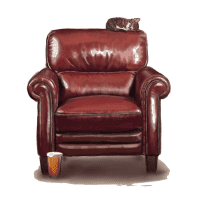
Related courses & resources...
Managing Performance
Managing Poor Performance
Growth Mindset
Storytelling
Top Ten Tips on...
Challenging Conversations
Vulnerability, Honesty & Being Human
'Searching for a Van'
Video:
CC: 3 Key Factors
Don't like to email?...
That's ok. We love to pick up the phone.
... Or you can message us on whatsapp.
We'd love to e-meet you... let’s go for a virtual coffee :)
For workshops and coaching sessions, you can check availability & book using the form below. Pay now online, or later by invoice - it's up to you.

